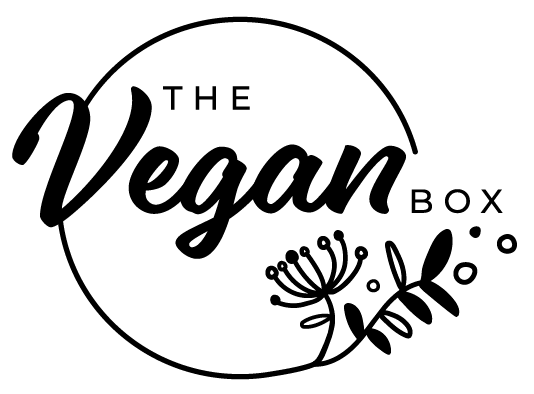Since the beginning of humanity’s intellectual discourse, it can be seen that humans have a view of superiority over animals. We have utilised this sense of exceptionalism to categorise living beings into human and non human categories. Over time this has allowed us to treat other races, genders, ages, classes and of course species differently, as they may not fit into the superior ‘human’ category. Justifying this is implemented through laws, social customs and inevitably the ways in which we raise our children and enforce a sense of excpetionalism through socialisation. Non humans, particularly animals are turned into objects and therefore, commodities under humanity’s superior self view. Throughout history slaves, women, children and animals have been used as a form of labour, pleasure, food or purely as objects for human consumption. A being’s ability to be treated equally and not as an object relies on the acknowledgment of personhood and whether or not justifying their equality would come at a cost for humans.
In order for human exceptionalism to function, there needs to be a ‘superior’ and an ‘inferior’. There needs to be a way of determining who gets treated fairly and is entitled to certain rights, and who is not worthy. This segregation is in place to keep certain groups in power, by keeping ‘inferior’ groups in a place where they have no right to attain such power. One must fit into the notion of personhood to be allowed certain rights and powers. Not all humans have always been considered ‘persons’. A prime example was in the making of the U.S. Declaration of Independence and Constitution, stating that “only white, male property holders were deemed adequately endowed to be included in the category of personhood”. Women and indigenous people were excluded from participating in certain privileges and bearing particular rights as that would mean the ‘persons’ may lose their right to own slaves, mistreat other races and have control over women. Eighteenth century philosopher Immanuel Kant argues that rationality is what grants humans their right to be “an end in himself”. Thus, suggesting that a moral agency is required to be entitled to life, liberty and the pursuit of happiness and therefore, a superior position over non-rational beings (animals). A vegan philosophy on rights to life will ask not whether a being is rational but as Jeremy Bentham questions, “Can they suffer?”

Human exceptionalism allows for extreme exploitation of animals, but not without ‘good’ reason. Humanity has been debating and reasoning with the treatment of animals since the beginning of Western philosophy; since to perform such heinous acts must be justified in order to continue to benefit humans. During the seventeenth century, French philosopher Rene Descartes justified the inferior status of animals by concluding that because animals cannot ‘think’, they are not truly valuable, he stated “since dogs and some other animals express their passions to us, they would express their thoughts also if they had any”. There is no evidence to suggest that animals do not think, which makes this “Cartesian” mode of thought invalid and outdated. Interestingly, Descartes knew that his argument was not wholly true. Descartes did admit that animals have sensations. As it turns out Descartes appeared to be debating in an era of vivisection, which involved “studying physiological processes by literally cutting living animals”. Obviously, reasoning with the lives of the more vulnerable becomes a lot more ruthless when humanity has a supposedly good reason to do so. In a modern context, philosophical thought on the treatment of animals has evolved. Towards the end of the 1970s, concern for the suffering of factory farm animals was becoming apparent. Philosopher Peter Singer questions previous justifications for such cruelty. Singer challenges the idea that animals “are not human” by arguing that human egalitarianism has since rejected certain notions of racism and sexism, therefore, “if our morality is to be coherent, speciesism-that is, discrimination based on species membership-should also be discredited”. Startlingly, humans appear to have reached recognition of animals’ ability to think, suffer and be worthy of life, however, have not reached a state of allowing equal treatment towards animals. The law still does not recognise animals as persons. Most of humanity does not see animal suffering as something worth eradicating for it would be hindering human pleasure. There appears to be a warped vision of a species hierarchy, with humans at the top, and some “creatures incorporated as family members, stamped out as pests, saved from extinction, and ground into Big Macs”, as suggested by Melson Gail. Human exceptionalism means humanity has the power to determine where each species lies on the spectrum of equality.
Philosophically humans have reached a state of realisation that animals have valuable lives. However, in practice humanity still inflicts mass cruelty on animals for the purposes of food, clothing, entertainment, research and labor. Animals are profitable, their bodies provide a luxurious, comfy, tasty or pleasurable life for humans. Humans may believe that animal lives are important, just not as important as theirs.
Sources:
Paola Cavalieri’s The Animal Debate: A Reexamination
Josephine Donovan’s “ Animal Rights and Feminist Theory.” Social Creatures: a human and animal studies reader


